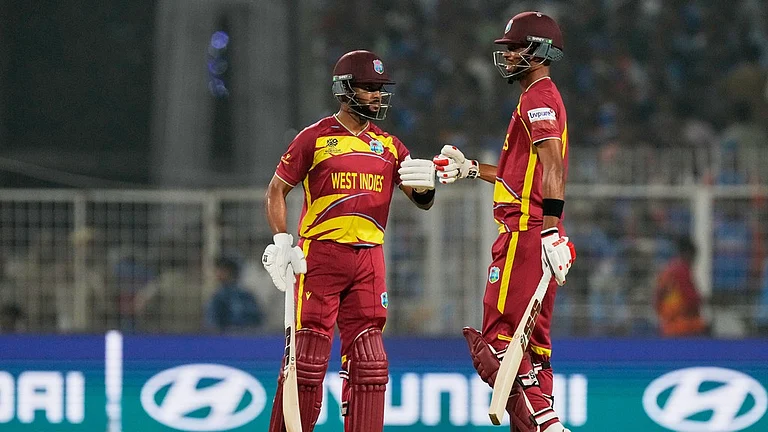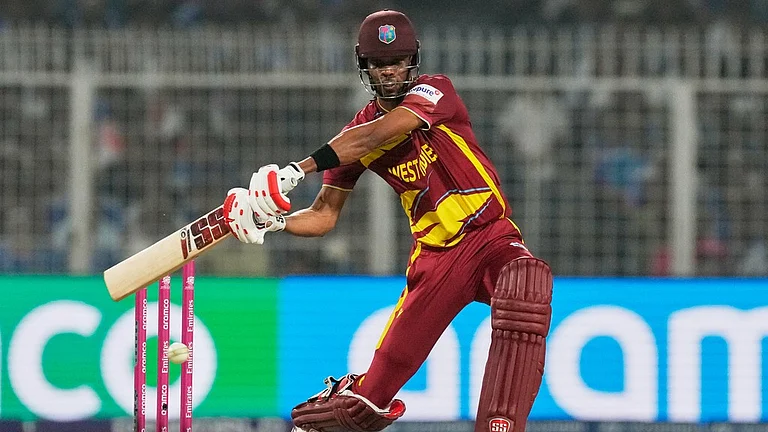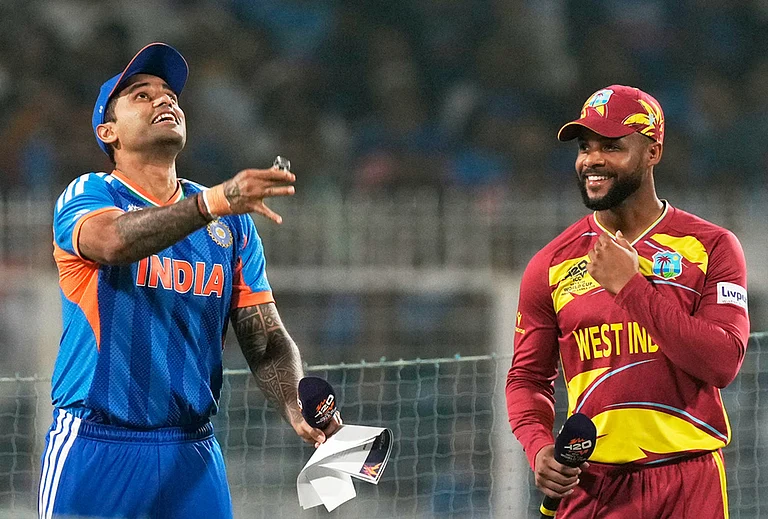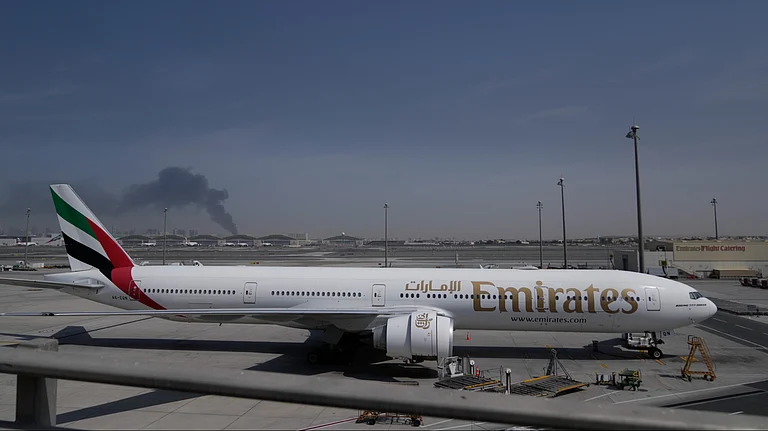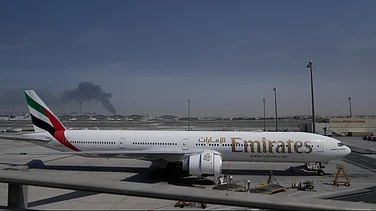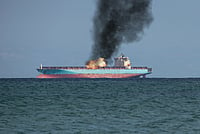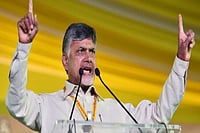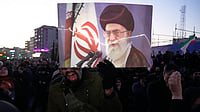In the midst of escalating economic challenges, Pakistan made an announcement on Friday regarding a further increase in the prices of petrol and high-speed diesel. The decision was attributed to the "rising trend" of petrol prices in the international market, as stated by Pakistan's Finance Ministry in an official release.
Petrol prices were raised by 26.02 Pakistani Rupees (PKR) per litre, and high-speed diesel saw an increase of 17.34 PKR per litre. This marks the second significant hike in two weeks. Consequently, petrol in crisis-stricken Pakistan will now be retailed at 333.38 PKR per litre, while high-speed diesel will be priced at 329.18 PKR per litre.
Earlier this month, petrol prices in Pakistan surpassed the historic threshold of 300 PKR per litre for the first time.
Pakistan has experienced a sharp increase in petrol and electricity prices, primarily due to recent economic reforms that have resulted in historically high levels of inflation and elevated interest rates. These changes have placed significant strain on both ordinary citizens and businesses.
It's worth noting that Pakistan's avoidance of a sovereign debt default was made possible by a $3 billion loan program approved by the International Monetary Fund (IMF) in July. However, the reforms associated with this bailout have contributed to an annual inflation rate of 27.4%.
The deteriorating economic situation, coupled with mounting political tension in anticipation of the national election scheduled for November, has sparked sporadic protests in recent weeks.
Earlier this month, caretaker Prime Minister Anwaar-ul-Haq Kakar stated that citizens would have to contend with higher bills as there is no alternative solution available.
"When you subsidise, you shift your fiscal obligations to the future. Rather than addressing the issue, you just delay it," he told reporters in Islamabad, as reported by NDTV.







